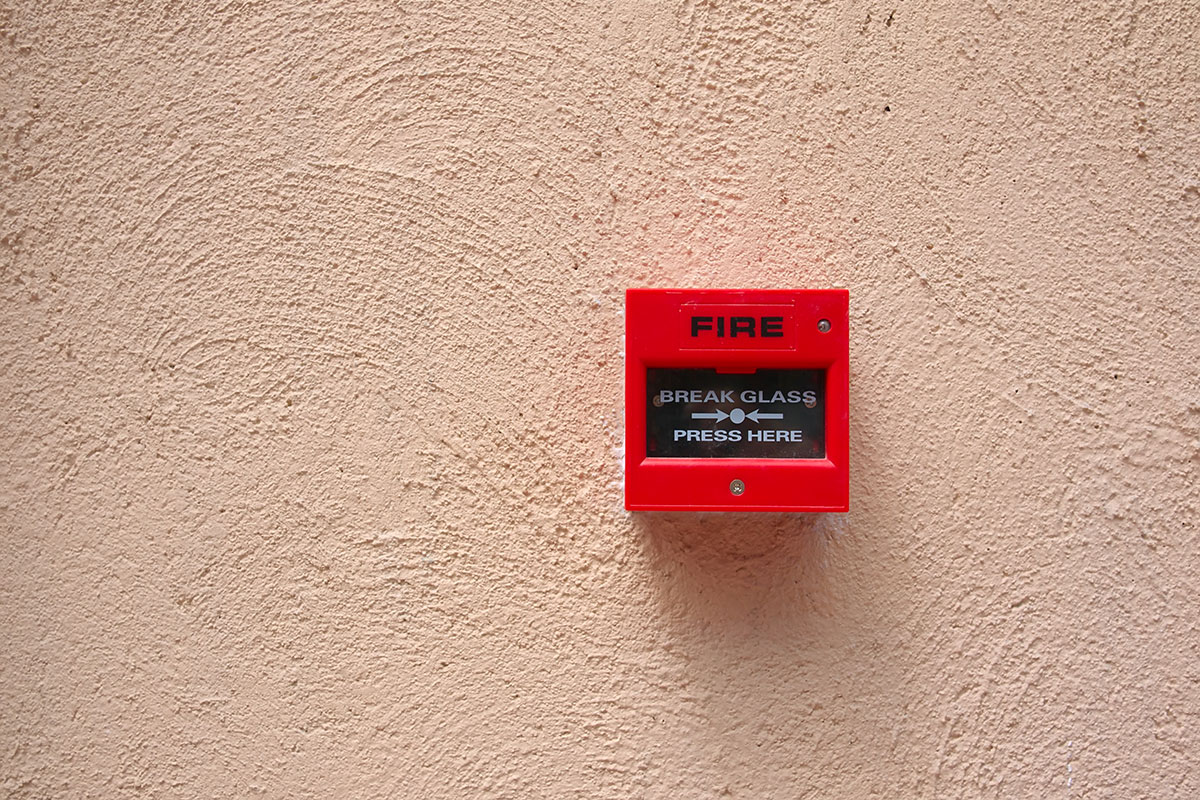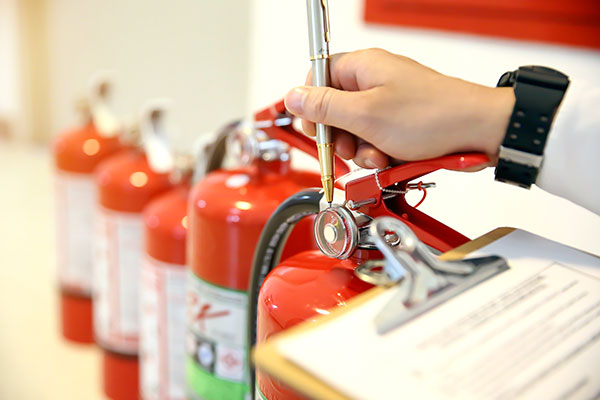You are viewing 1 of your 1 free articles
G15 landlord failed to recognise tenant’s ‘inherent anxiety’ linked to fire safety after Grenfell, ombudsman says
The Housing Ombudsman found severe maladministration at a G15 landlord over its handling of a fire safety complaint, which left a resident with “anxiety over the issue for over 10 months”.
Metropolitan Thames Valley Housing (MTVH) failed to recognise the “inherent anxiety” associated with fire safety and “sought to provide no reassurance to the resident” about damaged communal equipment, “particularly in the wake of the Grenfell tragedy”, the watchdog said.
The landlord also failed to recognise the resident’s disability, something he raised from the start.
The resident complained about disrepair to a communal fire alarm call unit, which allows people to raise the alarm in case of a fire.
Contractors were unable to resolve the issue on an initial visit, while MTVH investigated the wrong fire safety issue on numerous occasions.
The housing association’s stage one response to the complaint was delayed and did not recognise the issue – referring to the fire alarm itself rather than the fire alarm call point.
The landlord also upheld the complaint, despite no repair being carried out.
The ombudsman said the lack of clarity made the resident “more frustrated and confused”.
MTVH responded at stage two of its complaint process that the fire alarm call units were disconnected and it was carrying out investigations as to whether connection was required.
The ombudsman said that while MTVH’s stage two response did accurately acknowledge and address the issue that had been complained of, it could have been more detailed.
“It is unclear why the landlord was continuing to investigate the matter of whether call points were needed 10 months after the issue was raised and when it found that the call points were no longer needed but took time to inform the resident of this and allay his fears,” the ombudsman said.
Its report states: “There was a lack of urgency on the part of the landlord to seek clarity and resolve the issue, which is worrying in light of the nature of the report and the circumstances overall.
“This is particularly concerning given the vulnerability of the resident.
“Whilst the information from January 2022 indicates there was ultimately never a safety issue – although there remains uncertainty as to removal of the call points – the fact of the matter is that there very realistically could have been.
“The legal and social responsibilities of the landlord were not acted on in the way that they should have been or in the way the ombudsman expects.
“The landlord did not take the matter sufficiently seriously enough, which meant that insufficient action was taken in response to what was a very serious matter of disrepair being reported.”
The ombudsman ordered the landlord to apologise to the resident and set out its current fire safety procedures, ensure appropriate signage around the building and clarify whether the fire alarm call points can now be removed.
The watchdog also found maladministration in the landlord’s response to the fire alarm call unit repair itself.
Richard Blakeway, the housing ombudsman, said: “The resident repeatedly stated he had a disability, and this was not acknowledged or responded to at any point by the landlord.
“Yet the resident’s disability should have been recognised by the landlord and informed its approach, both in terms of the timescale it responded to the repair of the fire alarm call unit and its handling of the complaint.
“The handling of the complaint meant safety questions remained outstanding and this undoubtedly caused frustration and anxiety for the resident.
“This is another example of how landlords need to strengthen the handling of complaints involving fire safety.”
In a statement, MTVH said: “We did not handle this complaint satisfactorily and took too long to reassure the resident that their building had a working alarm and that the call alarm point was inactive and no longer part of the building’s fire safety procedure.
“We also did not consider the additional needs of the resident sufficiently, including how such a period of uncertainty could impact them.
“Fire safety is our number one priority. It is imperative that we listen to residents when fire safety concerns are raised. We have apologised unreservedly to the resident for the worry caused and removed the redundant equipment.”
MTVH said it made three changes following the case, including introducing a new “risk meeting” for cases involving multiple internal teams, to improve collaborative working.
“These have an elevated organisational status, with clear mandates on actions, and enhanced record-keeping,” it said.
Heads of service now personally sign off every complaint response at stage two.
The landlord also introduced new mandatory staff training to ensure they understand the circumstance and means to raise a complaint when a resident requests one.
“Through changes to our more localised housing management approach, our local housing managers are now responsible for non-technical fire safety checks as part of their communal walkabouts.
“This includes identifying and arranging removal of outdated fire safety equipment,” the housing association said.
Last week the ombudsman released a report which found that social landlords “still have learning to do” on cladding and fire safety complaints.
The watchdog highlighted several maladministration findings, including for housing associations L&Q, Riverside and Hyde, for how they deal with complaints in this area.
It came almost two years after the ombudsman’s Spotlight report on dealing with cladding cases.
At the time, the ombudsman urged landlords to better consider people’s individual circumstances when dealing with residents affected by the cladding scandal.
Sign up for our fire safety newsletter
Already have an account? Click here to manage your newsletters












